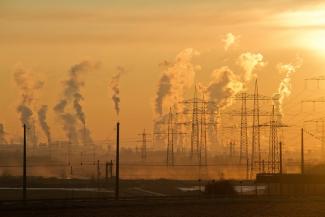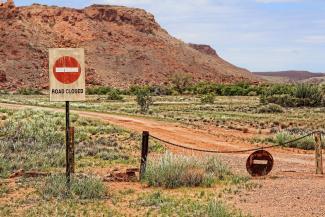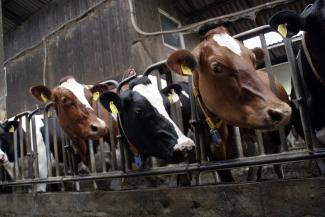A Road Map to Net-Zero? BLM’s Authority to Mitigate Climate Change on Public Lands

Almost one-quarter of all U.S. CO2 emissions come from fossil fuels extracted from public lands. Producing more than 274 million barrels of oil, 3.3 billion cubic feet of natural gas, and 302 million tons of coal each year, BLM’s management decisions have a significant impact on climate change. In this month’s issue of ELR—The Environmental Law Reporter, authors Jamie Gibbs Pleune, John Ruple, and Nada Wolff Culver argue that the Bureau has not only the authority, but a legal duty to mitigate climate change in its permitting decisions. Using existing legal structures, they provide a road map for requiring all new BLM oil and gas development to achieve net-zero emissions.








